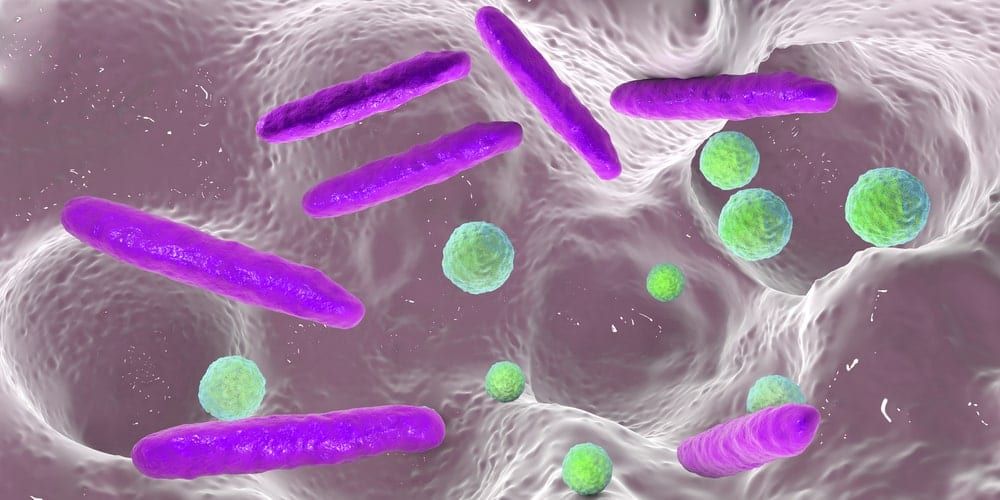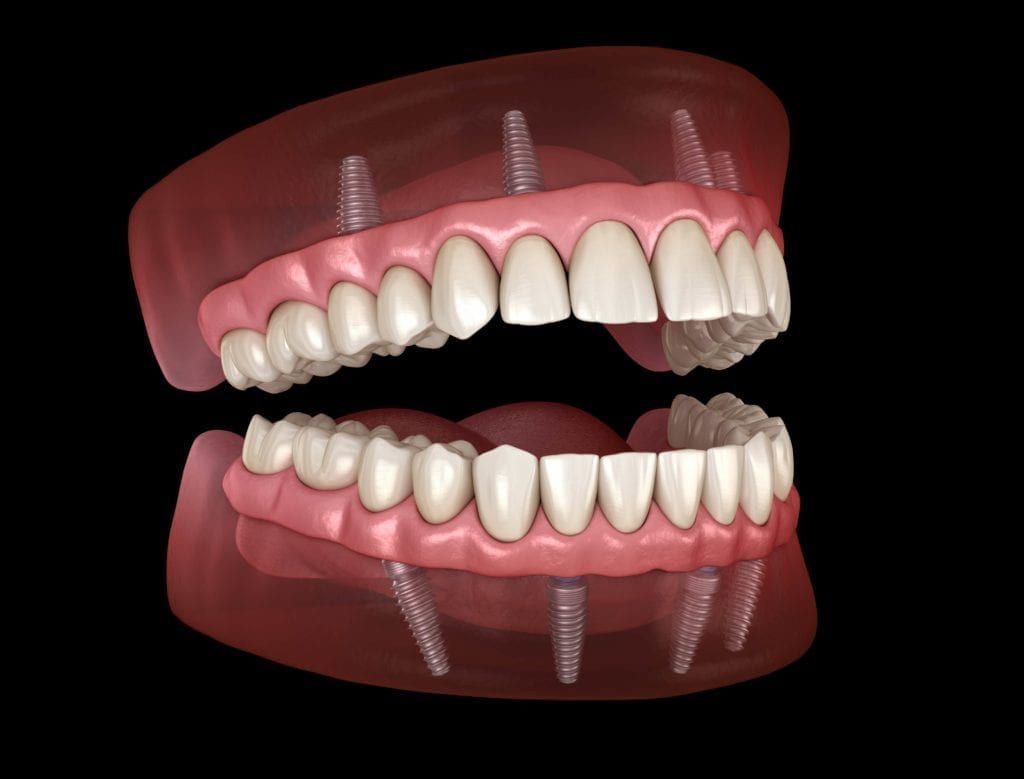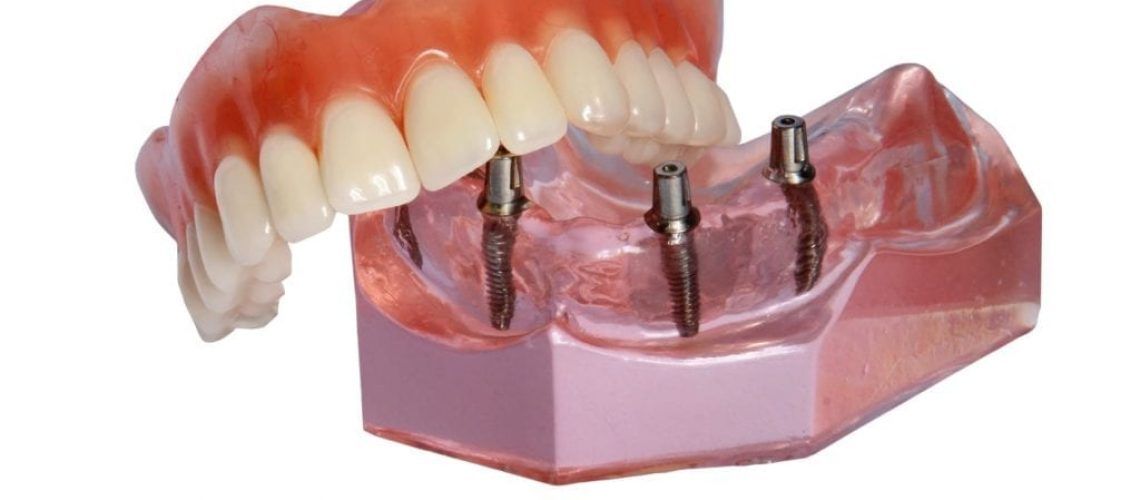Did you know that according to the American College of Prosthodontists, approximately 120 million people in the United States are missing at least one tooth? Out of that number, 36 million people in the United States do not have any of their natural teeth. These unfortunate numbers clearly indicate that edentulism is a major oral health concern for many Americans.
The condition of having no teeth or being toothless is known in the dental world as edentulism. If only a few teeth are lost, the condition is known as partial edentulism, however if all the natural teeth are lost it is known as complete edentulism. While the number of those affected by complete edentulism has declined recently due to preventative dentistry improvements, partial edentulism is still a major issue. Nevertheless, partial edentulism can eventually lead to complete edentulism if the cause of the problem is not addressed through dental treatments.
In most cases, edentulism is caused by tooth decay and gum disease. Tooth decay, also commonly referred to as cavities or dental caries, occurs when plaque and tartar build up on the outer enamel of your teeth. Bacteria can then use this plaque and tartar as a food source, and produce an acid waste product that causes the enamel to wear down over time. If not properly treated, the enamel will begin to decay until the dentin, and finally the pulp layer are reached. Once the pulp is infected, a root canal is the only way to save the tooth. However, if the tooth root abscesses, the tooth is often lost.

Gum disease, more commonly known as gingivitis and periodontitis, is also caused by the same bacteria and the buildup of plaque and tartar around the gum line. When plaque, tartar, and bacteria build up along the gum line, this causes the gums to become inflamed and infected. In response to this inflammation, the gums will then begin to recede, or pull away from, the surface of the teeth. Without proper support from the gums, the teeth can eventually become loose over time and fall out or need to be extracted.
Although tooth decay and gum disease are the two most common causes of edentulism, there are other factors that can cause or contribute to this common problem. Besides tooth decay and gum disease, some other common causes of edentulism include:
- Smoking
- Teeth grinding or clenching (caused by stress)
- Certain medications (such as those that cause dry mouth)
- Age (Over 70% of individuals over the age of 65 have gum disease)
- Genetics
- Certain medical conditions (diabetes, rheumatoid arthritis, hypertension, and heart disease)
Without treatment, edentulism can have a large impact on the individual. For starters, any amount of tooth loss results in ongoing bone loss process. Approximately six months after a tooth is lost, the surrounding bone will slowly start to become reabsorbed by the body. Over time, this causes the size of the tooth socket and other surrounding structures to decrease. Eventually, this loss of bone can cause a change or loss of functions such as chewing or speaking.
Luckily, there are treatments available for dental patients affected with edentulism including dental bridges, dentures, and dental implants. Dental bridges are one choice for partial edentulism and can replace a single or a few missing teeth. While dental bridges do offer some benefits, they have a much higher failure rate than dentures or dental implants.
Dentures are fake teeth on an acrylic base that can be either partial or full, depending on the amount of teeth lost. Additionally, dentures can also be removable, like traditional dentures, or fixed, as in the case of implant-supported dentures.
The final option, dental implants, use artificial tooth roots made from titanium to stabilize a dental prosthetic. This option generally has the highest success rate because it restores the most function and provides the highest level of durability of all of the aforementioned options.
For patients with complete edentulism, a full mouth rehabilitation is often the desired treatment of choice to provide the best results. Full mouth rehabilitation, also known as full mouth reconstruction or full mouth restoration, describe a dental procedure that simultaneously restores the top and bottom dental arches, or all of the missing teeth.
The main benefit of implant-supported dentures is that all 16 teeth in an arch can be restored by only using a smaller number of dental implants. A minimal number of dental implants means less trauma to the mouth, faster healing, and lower costs. For these reasons, all-on-four dental implants are commonly recommended for full mouth restoration cases.

At Advanced Dental Implant Services, Dr. Gregory Young performs full mouth rehabilitation using all-on-four or all-on-X dental implants. Both types of procedures use a certain number of dental implants to act as a support for dentures on the upper and lower jaws. The difference between the two is simply in the number of dental implants used. All-on-four uses four dental implants per arch, while all-on-X uses X number of implants, meaning this number can vary depending on the individual case. In most cases, no more than six dental implants per arch are generally needed.
When all-on four implants are used, two implants are placed towards the back of the mouth and two implants are placed towards the front of the mouth. This approach provides maximum support using only the four implants. However, in some cases, additional implants may be needed for additional support. In these cases, the specific placement of the implants can vary depending on the type of support needed.
Besides being able to restore both arches entirely, implant-supported dentures can usually be placed in a single dental appointment. For this reason, they are also sometimes referred to as “teeth in a day”, “same-day implants”, or “same-day smile reconstruction”. Although this is not always possible at every dental office, Advanced Dental Implant Services has the proper on-site dental technology to allow for the same day placement of both dental implants and the temporary denture.
To place an implant supported denture, a CBCT scan (cone beam computerized tomography) image will be taken prior to the procedure to determine the state of the anatomical structures and allow for treatment planning. During the implant placement procedure, the dental implants will be placed into the jawbone and abutments, or attachment pieces, will be connected to them. Depending on the amount of bone mass present, a bone graft may also be performed to build up the bone mass. Finally, a temporary denture will be placed on top of the connectors.
Additionally, Dr. Gregory Young has 37 years of implant experience and has been performing all-on-four implant treatments since 2005. He also has his own approach to implant placement that increases patient healing and decreases the risk of postoperative complications. Before the implant procedure, he draws blood from his patients and uses their blood to make Platelet Rich Fibrin (PRF). This PRF is then placed at the treatment site and helps to stimulate collagen production, which tightens the skin and adds facial volume.

After the surgery, the mouth will need to heal and undergo a process called osseointegration. Osseointegration is a term used to describe the formation of new bone tissue around the implants. This new bone tissue that forms around the implants essentially secures them into place. For treatment success, osseointegration must occur and it can take about 3 months. Because of this, patients will be on a soft foods diet temporarily.
Once the dental implants have fused with the surrounding jaw bone, the temporary denture will be replaced with the permanent restoration. At this point, the patient should be able to return to most of their usual activities and diet. In fact, most patients will be able to eat foods that they may have not been able to eat for years!
Overall, implant supported dentures are one of the best treatment options for edentulism patients who are in need of a full mouth rehabilitation. If you are missing some or all of your teeth and are interested in learning more about full mouth restorations, schedule a consultation with Dr. Gregory Young of Advanced Dental Implant Services today! Advanced Dental Implant Services has five convenient Michigan locations: Ann Arbor, Bloomfield, Southfield, St. Clair Shores, and Warren.




